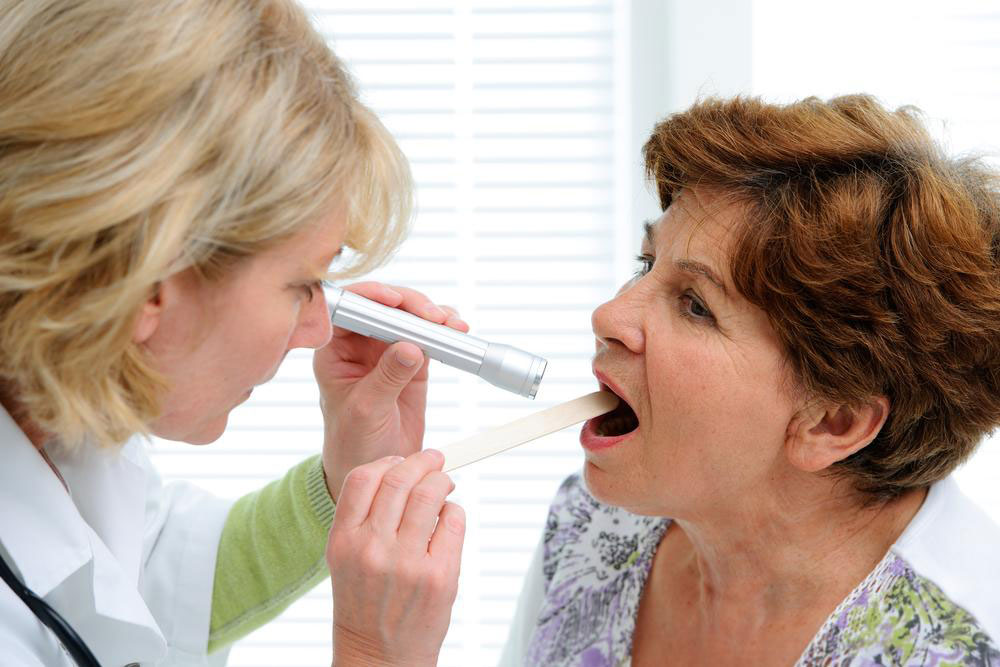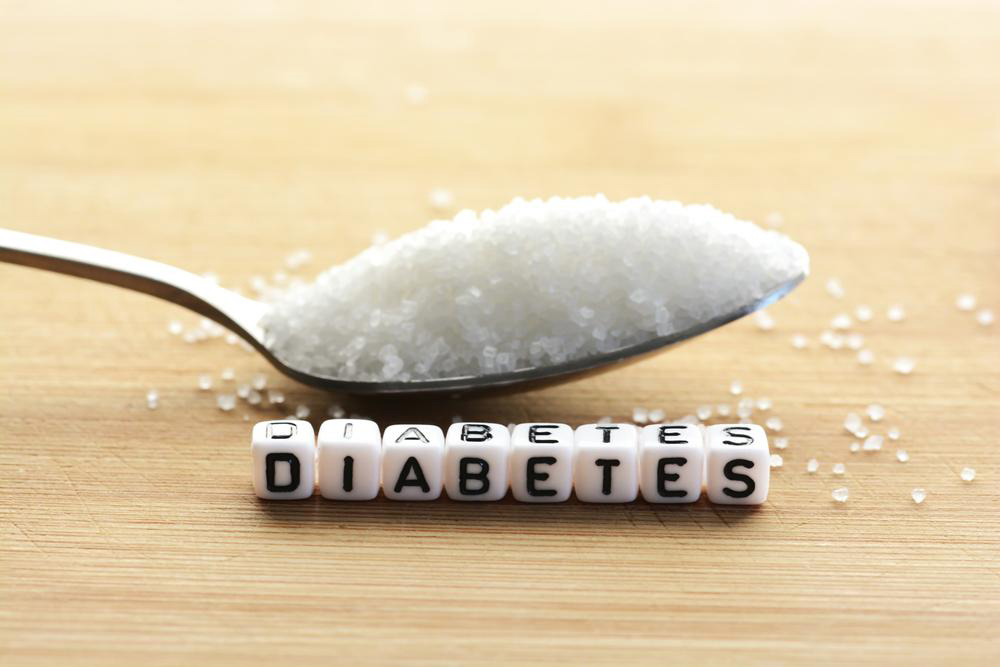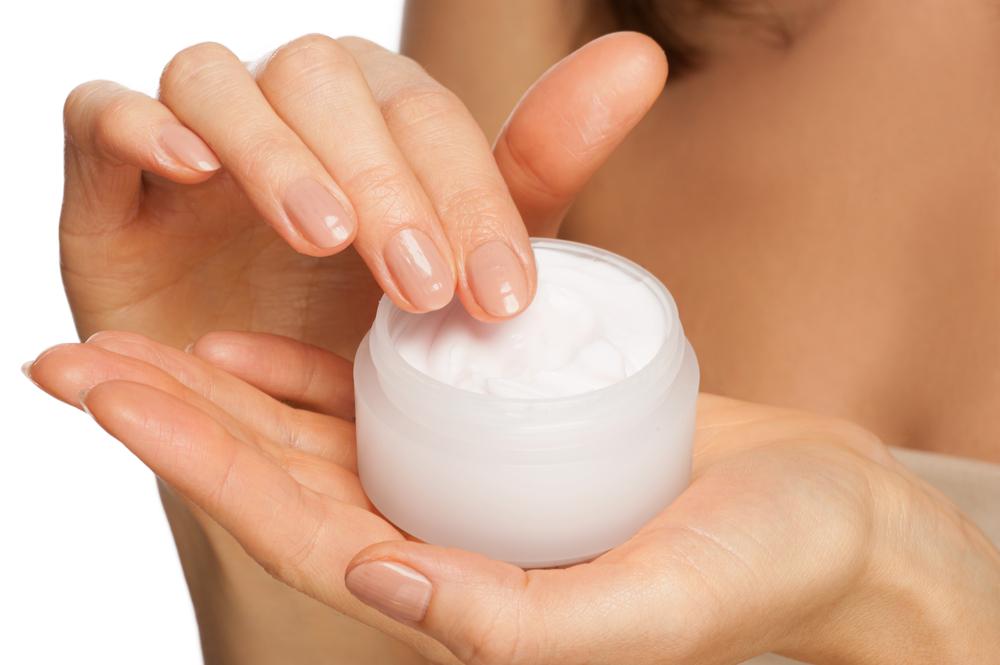Comprehensive Approaches to Relieve Chronic Dry Mouth and Enhance Oral Comfort
Persistent dry mouth, or xerostomia, affects many, especially seniors, leading to discomfort and potential dental issues. This comprehensive guide explores effective strategies like stimulating saliva with sugar-free gums, maintaining excellent oral hygiene, using specialized mouthwashes, staying hydrated, and improving indoor humidity. Limiting caffeine and practicing nasal breathing can also relieve symptoms. Regular dental visits are crucial for diagnosis and personalized treatment. Adopting these practical tips can significantly improve oral comfort, prevent dental problems, and enhance overall health and well-being. Discover expert advice on managing dry mouth effectively.

Comprehensive Approaches to Relieve Chronic Dry Mouth and Enhance Oral Comfort
Dry mouth, medically known as xerostomia, is a condition characterized by a persistent feeling of dryness or sticky sensations in the mouth. While occasional dry mouth is common and often temporary, chronic dry mouth can significantly affect quality of life, oral health, and overall well-being. It is especially prevalent among older adults, individuals undergoing certain medical treatments, or those with specific health conditions. Recognizing the importance of managing this condition promptly and effectively is essential to prevent potential complications such as tooth decay, gum disease, oral infections, or difficulties in speaking and swallowing. Fortunately, various practical strategies and lifestyle modifications can help alleviate symptoms, promote saliva production, and improve oral comfort over the long term.
1. Stimulate Saliva Production with Sugar-Free Chewing Products
One of the simplest and most immediate remedies for dry mouth is to stimulate saliva flow. Chewing sugar-free gum, candies, or lozenges can promote saliva secretion, which naturally moistens the mouth and helps wash away food particles and bacteria. When selecting these products, opt for sugar-free options to minimize the risk of cavity formation and bacterial growth that can worsen dental problems. Chewing gum with xylitol, a natural sweetener, is especially beneficial as it can also stem the growth of cavity-causing bacteria. While these aids offer quick relief, they are often temporary solutions. For sustained comfort and better management, combining this with other treatments is advisable.
2. Maintain Excellent Oral Hygiene Practices
Consistent and thorough oral care is vital when dealing with dry mouth. Regular brushing with fluoride toothpaste, flossing to remove plaque and debris between teeth, and rinsing with a gentle mouthwash help in controlling bacterial populations and reducing the risk of tooth decay. Using a tongue scraper can further improve oral hygiene by removing bacteria and bioload from the tongue surface. An emphasis on maintaining mouth hygiene reduces the likelihood of infections, bad breath, and additional oral health complications that can stem from reduced saliva flow.
3. Use Specialized Mouthwashes Designed for Dry Mouth
Choosing the right mouthwash is crucial in managing xerostomia. Look for formulations specifically made for dry mouth conditions, which are often alcohol-free, to prevent further dehydration. These mouthwashes can help neutralize oral bacteria, soothe irritated tissues, and contribute to maintaining moisture balance. Some products contain ingredients like biotin, hyaluronic acid, or xylitol to promote salivary function and tissue hydration. Always read labels carefully and consult with a dentist or healthcare provider to select the most suitable formulation for your needs.
4. Stay Well-Hydrated and Monitor Fluid Intake
Proper hydration is fundamental in managing dry mouth. Drinking adequate amounts of water throughout the day helps maintain moisture levels in the oral cavity. Consuming foods with high water content, such as cucumbers, melons, and lettuce, can further support hydration. It’s recommended to always carry a water bottle, especially when traveling or during periods of increased activity. However, while hydration is key, overhydration can sometimes lead to electrolyte imbalance—so it’s best to seek personalized advice from a healthcare professional about appropriate water consumption.
5. Increase Indoor Humidification with a Humidifier
Indoor environments, particularly during colder months or in air-conditioned spaces, often have low humidity levels, which can exacerbate dry mouth symptoms. Using a humidifier adds moisture to the air, helping prevent the dehydration of the oral cavity. Sleeping with a humidifier on can significantly reduce nocturnal dry mouth, improving sleep quality and oral comfort. Regular cleaning of humidifiers is necessary to prevent mold or bacteria buildup, ensuring a safe and effective humidification process.
6. Limit Caffeine and Sugary Beverages
Caffeine-containing drinks like coffee, tea, and certain sodas can have a drying effect on the mouth, worsening xerostomia. Substituting these with decaffeinated options or herbal teas can help maintain hydration and reduce dryness. Additionally, sugary drinks promote the growth of cavity-causing bacteria and contribute to plaque buildup, further damaging oral health. Limiting or eliminating sugary and caffeinated beverages is beneficial for both moisture retention and overall dental health.
7. Practice Nasal Breathing
Mouth breathing, often triggered by congestion, allergies, or during strenuous activity, leads to increased dryness of the oral and respiratory tissues. Making a conscious effort to breathe through your nose, especially during sleep, can significantly reduce dry mouth symptoms. Nasal breathing helps filter and humidify the air entering your respiratory system and preserves mouth moisture. If nasal obstructions are persistent, seeking medical consultation for relief options can improve breathing patterns and oral health outcomes.
In addition to these home remedies, routine dental visits are essential for individuals suffering from persistent dry mouth. Dentists can diagnose underlying causes, recommend targeted treatments, and provide personalized advice that aligns with your specific health profile. Managing dry mouth effectively involves a combination of lifestyle modifications, attention to oral hygiene, and possibly medical interventions if necessary. By adopting these comprehensive strategies, individuals can enjoy improved oral comfort, reduced risk of dental issues, and an overall enhancement in quality of life.





